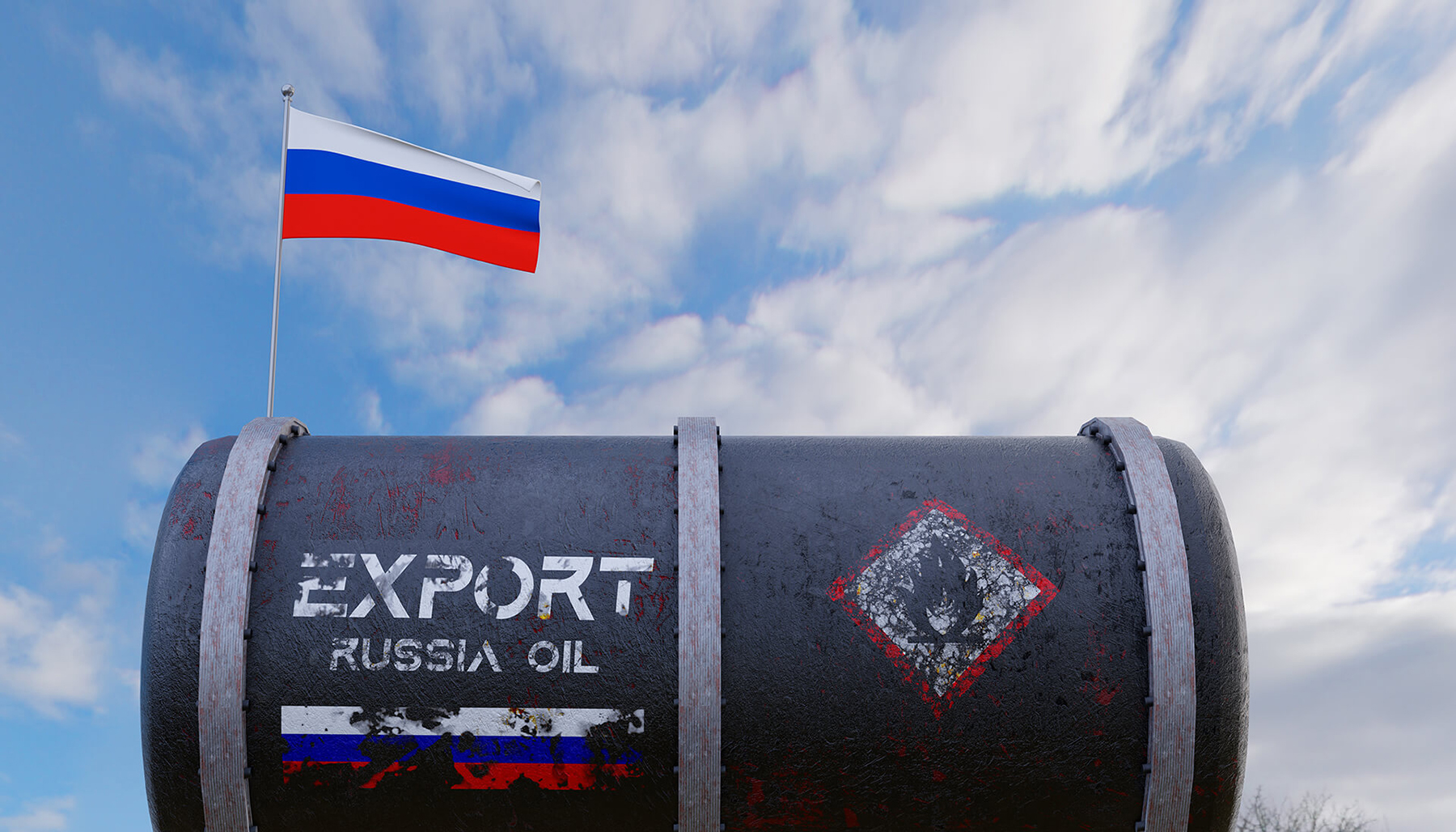A joint investigation by POLITICO and SourceMaterial has revealed that Russia's sanctions-evading "shadow fleet" is causing oil spills across the globe, posing significant environmental risks.
Western countries imposed sanctions on Russian oil following Russia’s full-scale invasion of Ukraine in February 2022, aiming to reduce Moscow’s ability to fund its war effort. These measures primarily include price caps, import bans, and restrictions on maritime insurance and shipping services. However, Russia has adapted, circumventing these sanctions by using a clandestine network known as the "shadow fleet.”
The investigation identified at least nine instances of covert vessels leaving spills in international waters since 2021, using satellite imagery and shipping data. These tankers, often aging and poorly maintained, are operating in defiance of Western sanctions imposed on Russia following its invasion of Ukraine.
The ships transport oil from Russia to countries like India, Thailand, Vietnam, Italy and Mexico, helping to fill the Kremlin's war chest while potentially causing environmental damage.
Two tankers cause water pollution in Scotland and Italy
One example cited in the investigation involves the tanker Innova, which allegedly left a 23-kilometer oil stain off the Scottish coast in March 2024. Despite being spotted by British coast guards, little was done to investigate further, and the ship continues to trade oil today.
Another instance happened on 18 February, when satellite imagery revealed a 47-kilometer slick off Italy's coast, coinciding with the location of the Aruna Gulcay, a shadow fleet tanker.
The Aruna Gulcay, registered in the Marshall Islands, was en route from Ravenna, Italy, to Novorossiysk, Russia, having previously transported palm oil from Saudi Arabia to Italy. Italian authorities did not inspect the vessel, opting instead to gather information from nearby ships.
“These ships are designed to [transport] sanctioned oil … as cheaply as possible, and there is absolutely no regard for conventional marine standards.” said a shipping analyst and shadow fleet expert at Lloyd’s List Michelle Wiese Bockmann.
The investigation found that the shadow fleet has more than tripled in size since 2022, with around 80% of Moscow's seaborne crude now transported on vessels outside Western control.
This has allowed Russia to continue earning significant revenue from oil exports, with the Centre for Research on Energy and Clean Air (CREA) estimating that the shadow fleet had transported €80 billion worth of crude by September since the G7 imposed a price cap two years ago.
Oil spills threaten environment
Swedish Foreign Minister Maria Malmer Stenergard told POLITICO that these vessels pose a "significant danger" to the marine environment. Experts warn that the situation is a "ticking time bomb," with the potential for a major catastrophe looming.
The environmental risks are compounded by the fact that many of these ships lack credible insurance and often escape international oversight. This leaves coastal countries vulnerable to costly cleanups in the event of spills, as ship owners cannot be easily tracked.
While satellite images alone cannot conclusively identify the substance as oil, these visible trails are frequently caused by the release of "slops" - a blend of oil and water that accumulates during a ship's normal operations.
Marine pollution expert Stepan Boitsov warned that these spills pose "a very serious problem" for local wildlife, potentially harming marine life and rendering consumer products like shellfish toxic.
Sanctions on Russia can help
In response to these findings, some European diplomats are calling for stronger action. An EU diplomat, speaking anonymously, suggested that ships like the Innova and Aruna Gulcay should be "strong candidates" for the next round of EU sanctions against Russia.
While the EU and UK have already taken some steps to address the issue, with both entities banning suspect tankers from accessing their ports or services, they should also ban the sale of tankers to countries aiding Russia's trade and impose automatic sanctions on vessels passing through EU waters without verified insurance.
Related:

